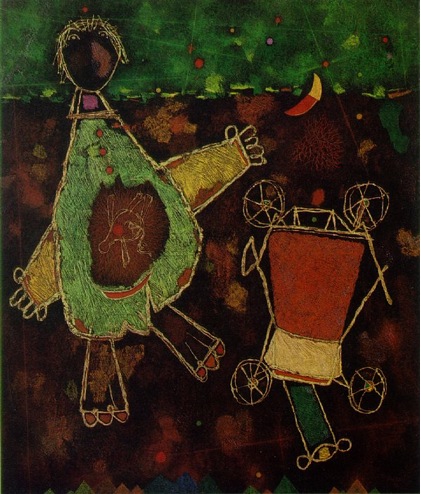CONCEPTS OF DEATH AND DYING IN THE NURSING UNIT AND THEIR RELATIONS WITH THE ETHOS OF CARE
Abstract
In this study, we analyze the influence of the concepts of death and dying of the nursing staff on the practice of care given in some areas of hospitalization. The data was produced by from a questionnaire containing open ended questions. The subjects of the investigation nurses, technicians and nurses’ auxiliaries who act in the sectors of the medical clinic, the center of intensive care and emergency in public hospitals in the city of Rio de Janeiro, Brazil. After the analysis of the data, two categories emerged: the INFLUENCE and CONFLICT of the concepts about death in the CHOICE and DYNAMICS of ethos of care and death: BEGINNING a new life and END of everything. The results point that the concepts of do not change among the nursing professionals who work in the units studied, and also it seems not to have influenced them when they chose their ethos of care giving. It draws attention that professionals in these units relate a conflict when thinking of death and facing it in their daily care.
Downloads
-
Abstract1244
-
PDF (Español (España))331
-
PDF (Português )331
The works published in this magazine are subject to the following terms:
1. The Publications Service of the University of Murcia (the publisher) preserves the copyright of the published works, and encourages and allows the reuse of the works under the license for use stated in point 2.
© Servicio de Publicaciones, Universidad de Murcia, 2011 (© Publications Service, University of Murcia, 2011)
2. The works are published in the electronic edition of the journal under Creative Commons Reconocimiento-NoComercial-SinObraDerivada 3.0 España(texto legal) “ a Attribution-NonCommercial-NoDerivatives 3.0 Spain license (legal text)”. They can be copied, used, broadcasted, transmitted and publicly displayed, provided that: i) the authorship and original source of their publication (journal, publisher and URL) are cited; (ii) are not used for commercial purposes; iii) the existence and specifications of this license is mentioned.
3. Conditions of self-archiving. Authors are allowed and encouraged to electronically disseminate the pre-print (pre-reviewed ) and / or post-print (reviewed and accepted for publication) versions of their works prior to publication, as it ensures a wider circulation and dissemination which may lead to a possible increase in its mention and a higher scope among the academic community. RoMEO color: green.













